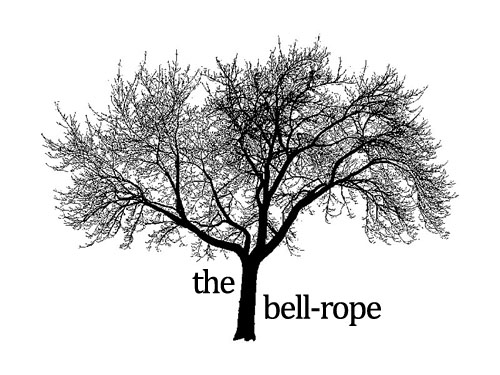Which is why I am always so startled when I come across a physical trace of such a connection, often between people who have never met and never talked, whose only connection is through me - as if I am the connection, and without me they might never have found each other, touched each other across the vast space. I will read something someone has written, and something about the thought or the way that it is captured or the way the writer tried to capture it but failed, something about the attempt strikes me in such a precise way as to pull me back instantly to another moment when I read something by somebody else, a piece of writing that made the same attempt.
It really makes no sense, how sometimes it takes so much effort to commit something to our memory, and other times memory works as if independent of our intentions. I just spent an hour studying words for the GRE, words I probably have mostly forgotten already, and yet I read a poem last night that made me immediately think of this other poem I read last summer maybe one time? The only reason I can give is that both writers were going for the same thing, something that burrows deeper than words; they were going for a feeling, and our capacity for remembering feeling is exquisite. Truth, as Anne Michaels says, must have an emotional dimension - we must feel it in the body. Appropriate, then, that the poem I was reading last night in bed was hers, and the line in question the following:
Rain makes its own night, long mornings with the lamps left on.
Which immediately and without warning drew the following line out of my memory, from a poem by Hart Crane:
Yet how much room for memory there is
in the loose girdle of soft rain.
Anne Michaels and Hart Crane could not be more different - one a young, rash, bohemian New Yorker from a world long disappeared, the other a twentyfirst century Earth mother, a bear-like woman with the voice and face of a girl. But I feel in these two lines that they are thinking the same thing, maybe not exactly the same thing but at least pretty close, and that the thought then comes out of their pen, is processed in a different way, results in a different line.
But the thought is the same. The thought has to do with the externalization of memory, the projecting of an inner state outward that happens to manifest in both cases as rain. In both poems, it is dark out - the Crane example is actually the second line of the poem, the first beginning "There are no stars tonight" - and darkness seems to accentuate the physical senses, makes us more aware of our bodies and what surrounds them; in essence, both authors dim the lights for us so that we experience memory as properties of feeling. For Michaels, it is through shadow, and through a childhood memory we all have of lamps lit during a dark rain; Crane, instead, manages it through sound. Michaels is usually the far more sensate poet; her poems are like a heat lamp before your face, a film of cold, hot, sticky, cool all along the outside and inside of your skin. But Crane, here, in the lovely visual of the loosened girdle, hides tiny flecks of rain-sound, gurgle in girdle and the ssshh of loose/soft. In the last line of the poem, when he returns to rain, there is the unmistakable pitter-patter of the line: "And the rain continues on the roof / With such a sound of gently pitying laughter."
While I am looking at Anne Michaels and Hart Crane, I might point out another uncanny connection, between the last lines of Michaels's first published poem and Crane's last. Here is Michaels in the last line of "Lake of Two Rivers":
The forest flies apart, trees are shaken loose
by my tears,
by love that doesn't fall to earth
but bursts up from the ground, fully formed.
And now Crane in, yes, "The Broken Tower":
--- lift down the eyes
That shrines the quiet lake and swells a tower…
The commodious, tall decorum of that sky
Unseals her earth, and lifts love in its shower.
What does this mean? I'm at a loss. Both have nature dissolving, the forest flung apart, the sky rending, and then an incredible inversion - love, which we associate instinctively with falling, here instead rising from the earth. Did Michaels read Crane? Does it matter? Here is a kind of connection - though not a connection by any definition we would ordinarily use - between two who tried for the same thing and left traces of their trials behind.

No comments:
Post a Comment